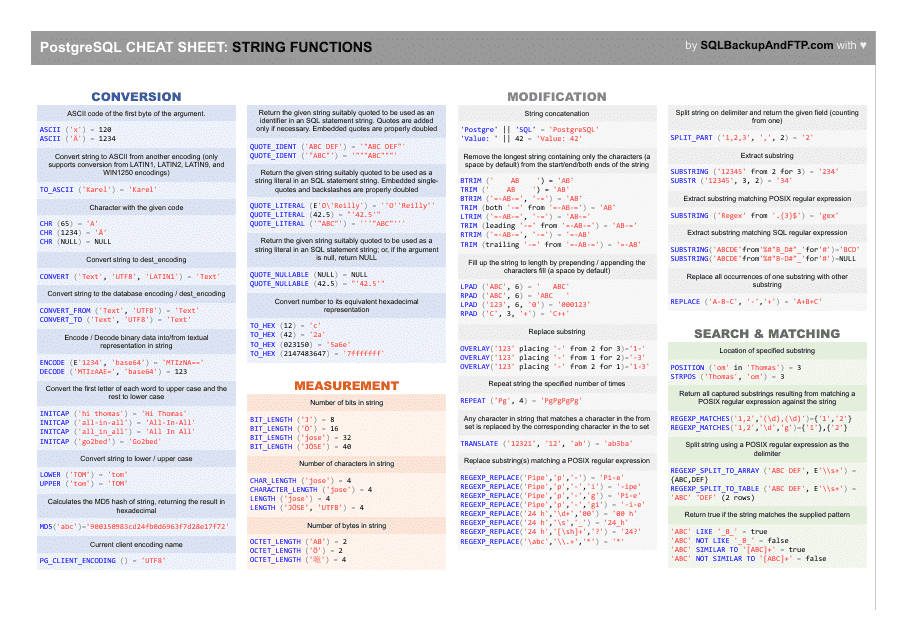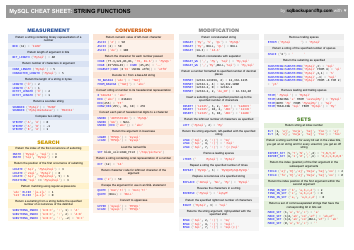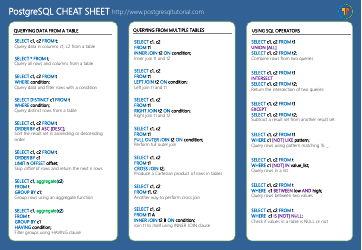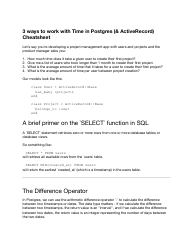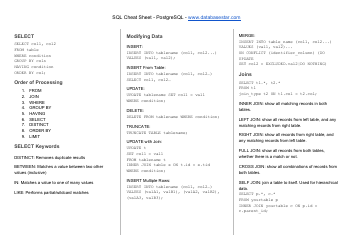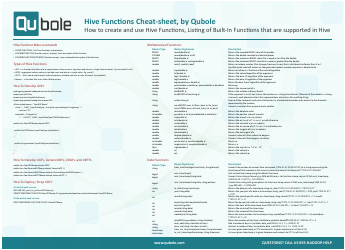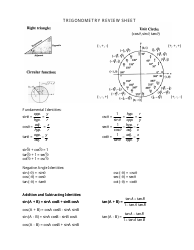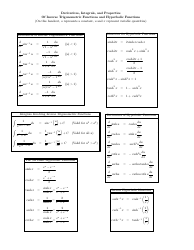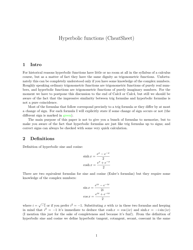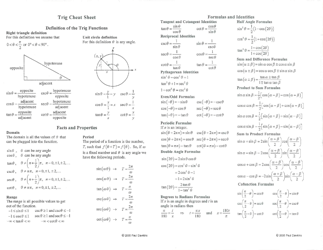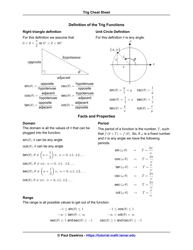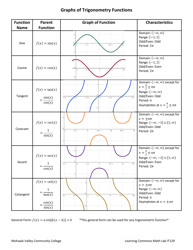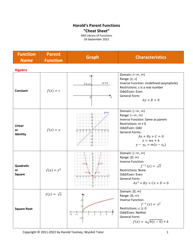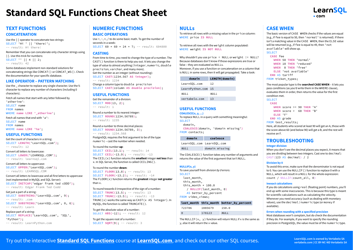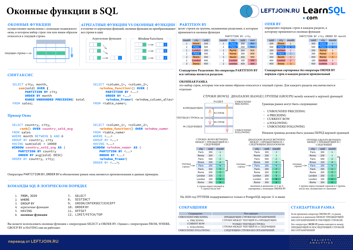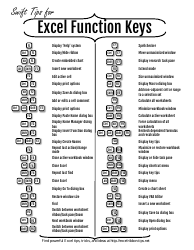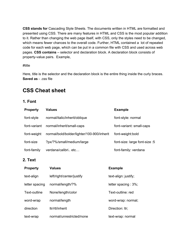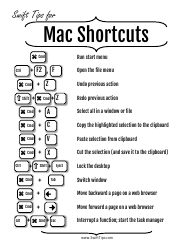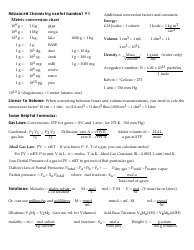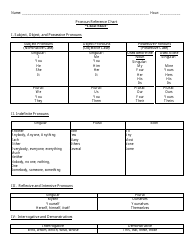Postgresql Cheat Sheet - String Functions
The Postgresql Cheat Sheet - String Functions is a quick reference guide that provides a list of functions specifically designed to work with strings (text) in the PostgreSQL database. It helps users efficiently manipulate and analyze strings in their database queries or data operations.
FAQ
Q: What are some common string functions in PostgreSQL?
A: Some common string functions in PostgreSQL include: concat(), length(), substring(), trim(), upper(), lower().
Q: What does the 'concat()' function do in PostgreSQL?
A: The 'concat()' function is used to concatenate two or more strings together.
Q: How do you get the length of a string in PostgreSQL?
A: You can use the 'length()' function to get the length of a string in PostgreSQL.
Q: What does the 'substring()' function do in PostgreSQL?
A: The 'substring()' function is used to extract a portion of a string based on specified starting position and length.
Q: What is the purpose of the 'trim()' function in PostgreSQL?
A: The 'trim()' function is used to remove leading and trailing whitespace from a string.
Q: How do you convert a string to uppercase in PostgreSQL?
A: You can use the 'upper()' function to convert a string to uppercase in PostgreSQL.
Q: How do you convert a string to lowercase in PostgreSQL?
A: You can use the 'lower()' function to convert a string to lowercase in PostgreSQL.
